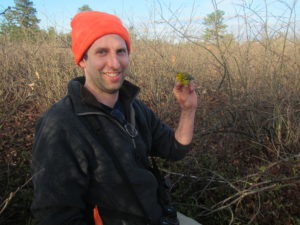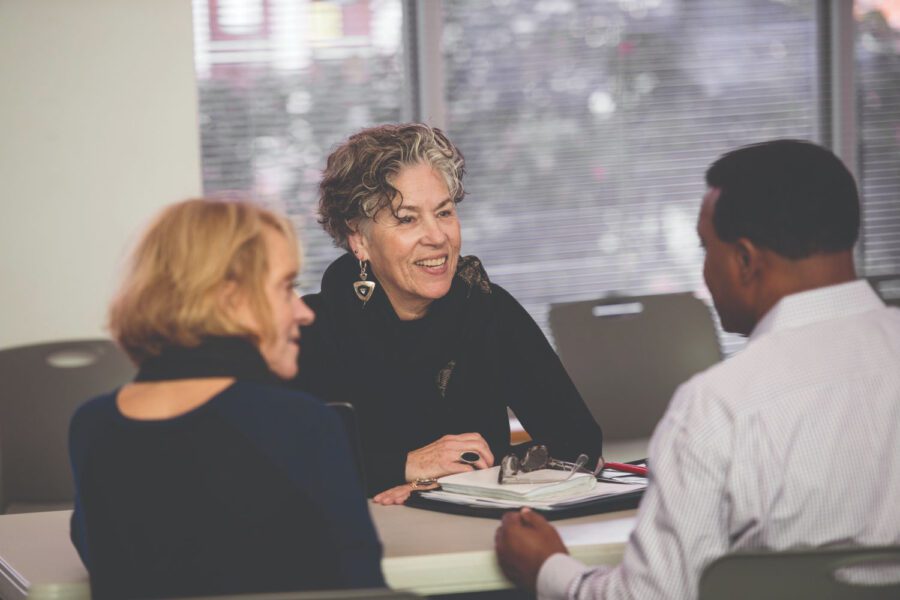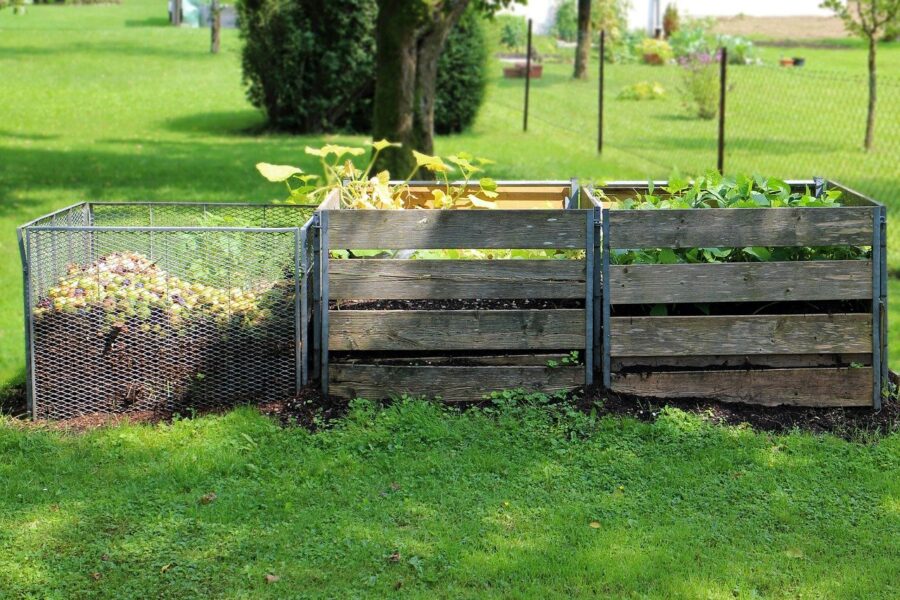 We sat down for a quick, get-to-know-you interview with Mike Akresh, new Environmental Studies faculty member at Antioch University and instructor for Ornithology and Quantitative Research Strategies. Mike joined Antioch from a post-doc at UMass and specializes in ornithological research.
We sat down for a quick, get-to-know-you interview with Mike Akresh, new Environmental Studies faculty member at Antioch University and instructor for Ornithology and Quantitative Research Strategies. Mike joined Antioch from a post-doc at UMass and specializes in ornithological research.
We caught Mike just after his return from the American Ornithological Society conference in Alaska, where he was presenting his work.
Q: Describe your background; where have you worked and what have you studied?
I attended the University of Michigan for my undergraduate studies, majoring in Environmental Studies and minoring in Biology. I did a summer of forestry work with the University of Maine after my freshman year of college, but decided not to continue with that line of work. During my junior year, I studied abroad in New Zealand with EcoQuest, which is a field-intensive UNH-based ecology program. It was there that I became interested in birds, wildlife management, wildlife conservation, and habitat restoration.
After New Zealand, I spent a summer in northern Michigan at a MAPS (mist-netting) banding station at the University of Michigan Biological Station. I conducted research on post-fledging bird habitat use there and then published my honors thesis on this a few years later. Before I began graduate school, I worked on various field projects throughout the US and the tropics: hawk watching and mist-netting in Costa Rica, mist-netting in New York with the Wildlife Conservation Society, white-crowned sparrow fieldwork in Colorado at the Rocky Mountain Biological Lab, and some volunteer whale research in the Canary Islands.
I began graduate school at the University of Massachusetts Amherst in 2008. I first worked primarily in Massachusetts, looking at habitat management in pitch-pine scrub-oak barrens and its effects on birds. While conducting that research, I later started a new project in the Bahamas, where I investigated the full life-cycle ecology and carry-over effects of prairie warblers wintering in the Caribbean and breeding in Massachusetts. For about three years straight, I was spending three to four months doing fieldwork in the Bahamas, followed by three additional months in Massachusetts. It was a lot of fieldwork!
In 2017, I defended my PhD and continued working as a post-doc at UMass afterward. I also did statistical consulting for the USGS Northeast Climate Science Center and USGS in Colorado during this time.
Q: What brought you to Antioch?
I was looking for an academic position that combined teaching, research, and mentoring students. Antioch had all of these components and would also allow me to work with graduate students, which was appealing. I knew colleagues that had graduated from Antioch or had taught here (e.g., Liz Wiley and Jenny Smetzer). They all had great things to say about AUNE.
I’ve really enjoyed the community, friendly atmosphere, and the location. Working here allows me to continue some of the ongoing research and collaborations I have going in the area. Both the students and faculty have been very welcoming and great to work with.
Q: What are you most looking forward to at AUNE?
I’m excited to potentially teach a class in the Bahamas either this spring or the following spring — it’s in the works. I’m also excited to teach ornithology this coming fall, which is squarely in my wheelhouse. I’m also going to be teaching the quantitative research strategy class for the PhD students; part of the class will be teaching data manipulation and statistical analyses, which I enjoy.
I’m now a co-director of both the Center for Tropical Ecology and Conservation (CTEC) and the Antioch Spatial Analysis Lab (ASAL). It’s great because these centers are aligned with some of the research that I do and some of the work that I want to focus on in the future.
I’m also really looking forward to continuing my research and mentoring AUNE students. Several students are starting research projects with me. Two students, for example, are looking at insects in pitch pine-scrub-oak barrens and the impacts of forest management on them. I also have a few students that are working with me on bird projects and continuing some of the research I’ve been doing such as working with nests and meta-analyses with shrubland birds. One student just started working on prairie warbler GIS data I had from The Bahamas. It’s been great to have students taking part in these research projects and really taking a lead on some of the work. I’m looking forward to mentoring and guiding them towards doing research for conservation science.
Q: What’s a fun or little-known fact about you?
I play guitar. I took 8 years of lessons as a kid and I played in a band in high school. We mostly focused on rock, blues, and a little bit of funk. So, Chuck Berry, Allman Brothers, and Herbie Hancock type of music.
I also used to play a lot of ultimate frisbee in high school and college. I played competitively on the University of Michigan’s club team and went to nationals in college. Recently, I’ve taken up rock climbing.
Learn more about Mike by visiting his website, Research Gate profile, or finding him on Antioch University’s New England campus!



